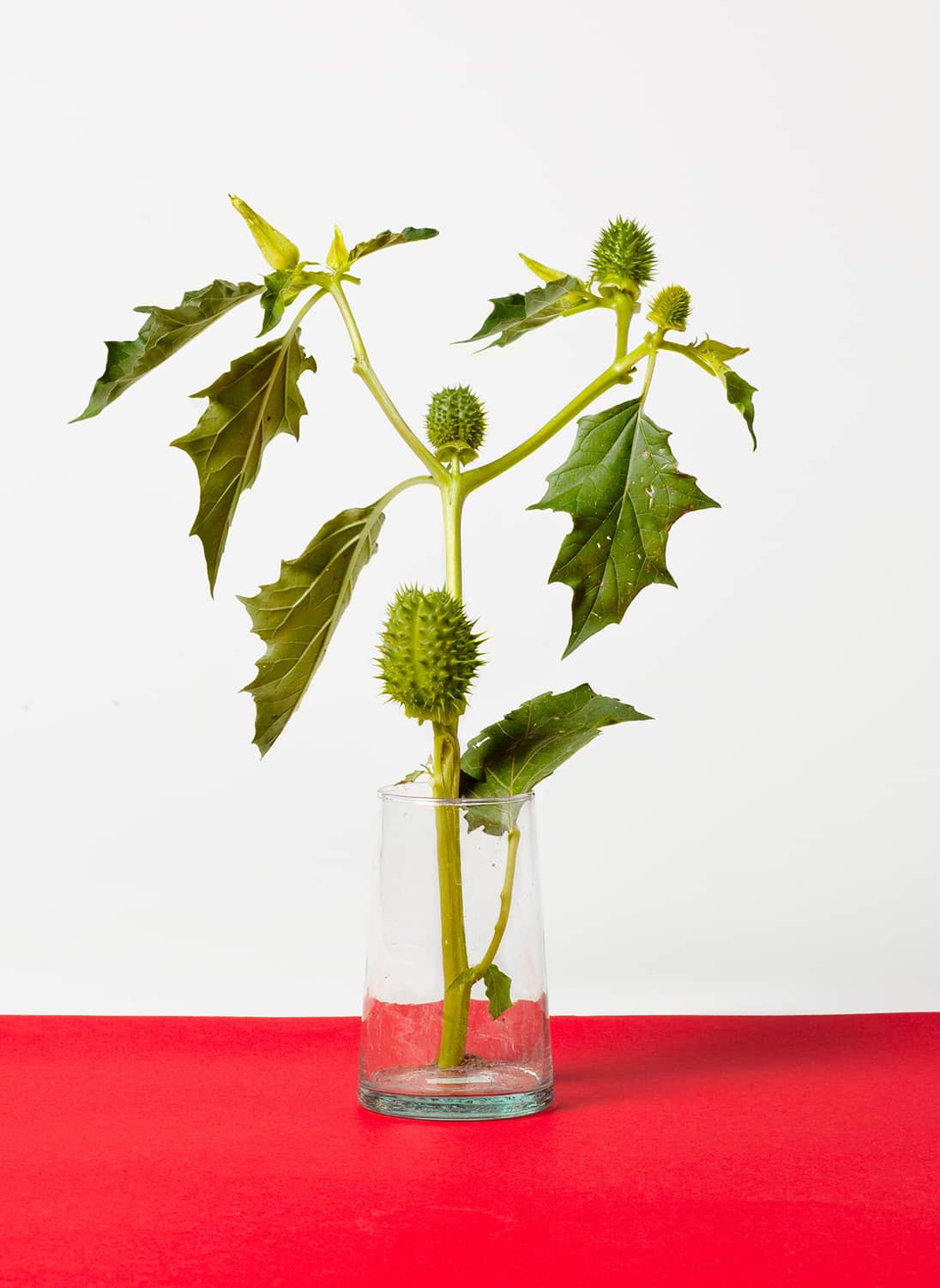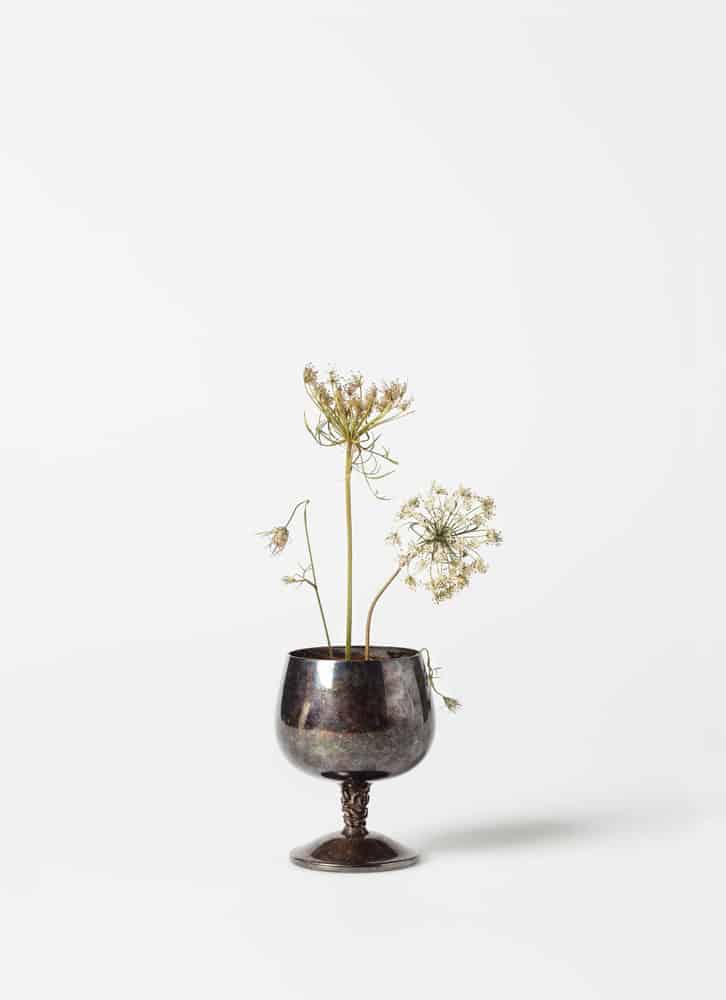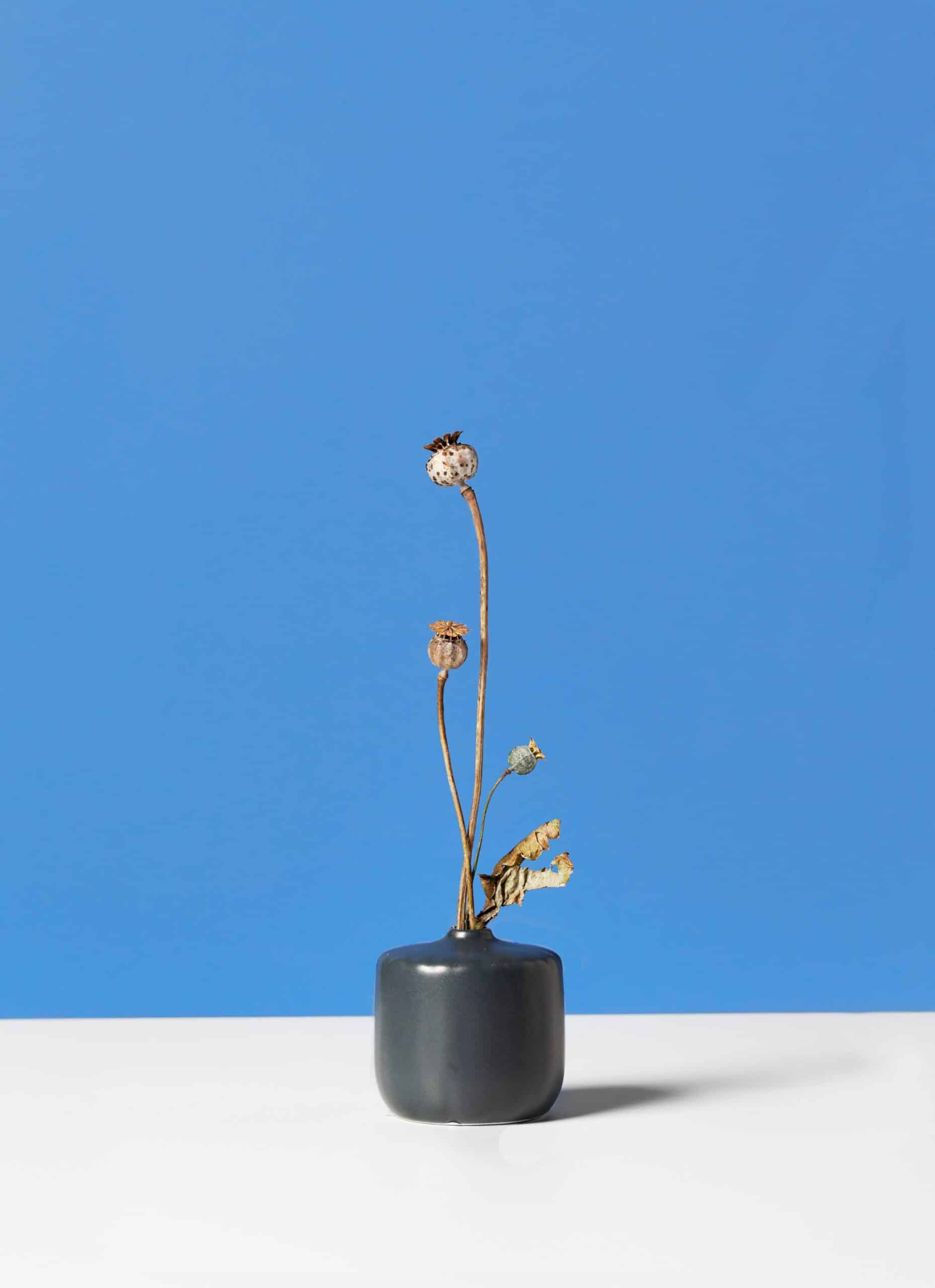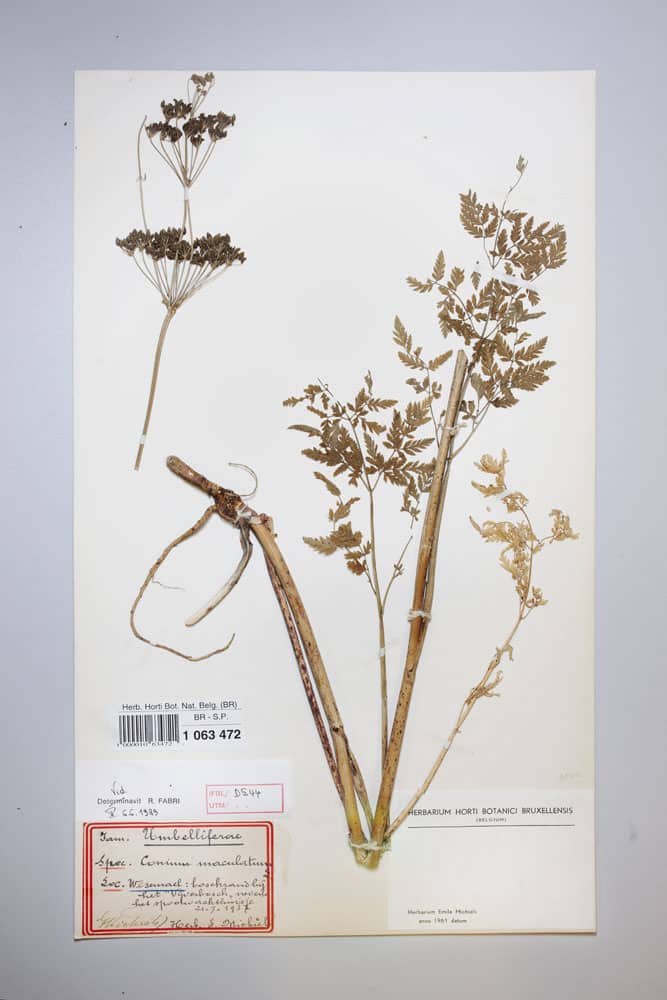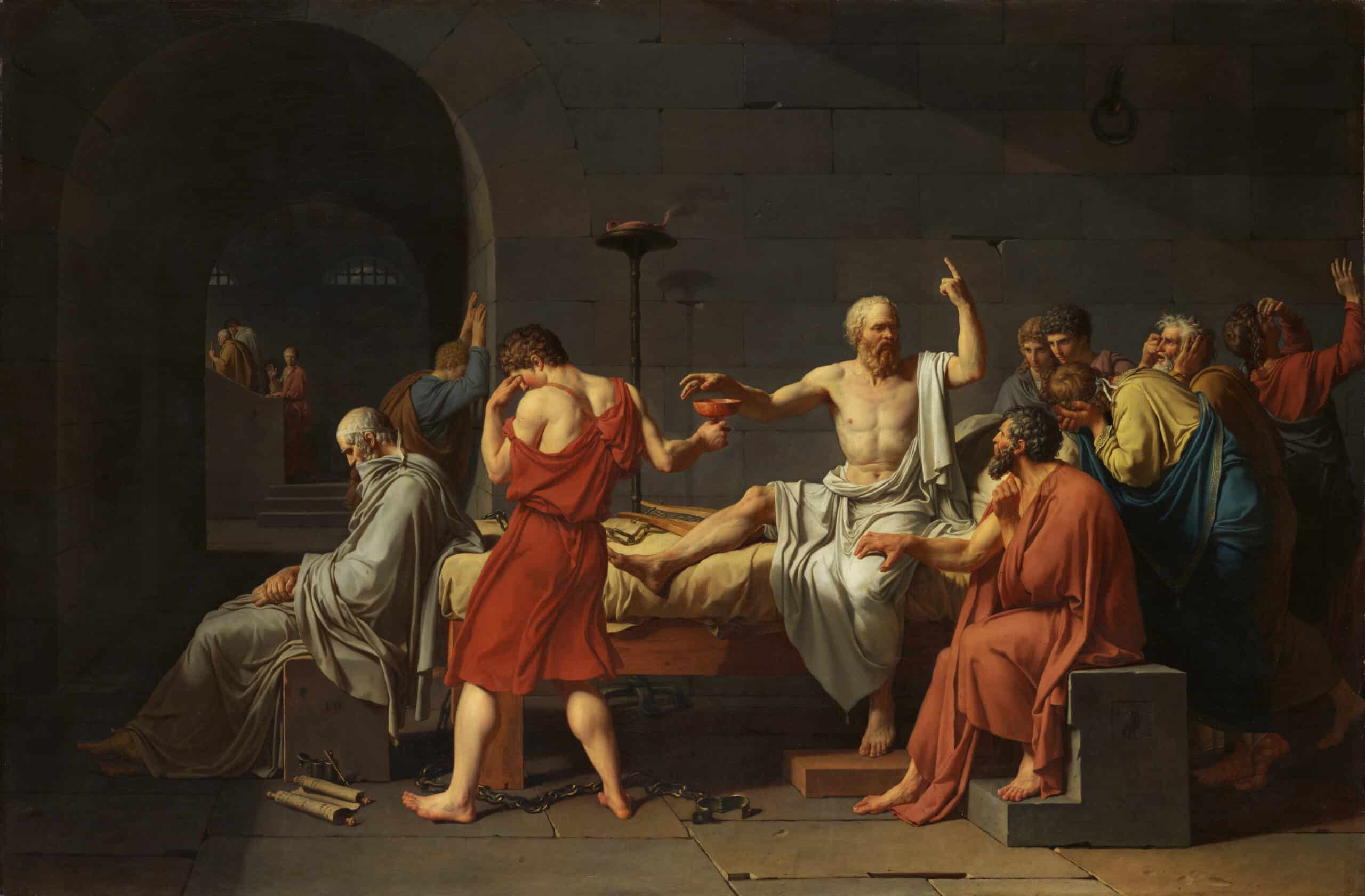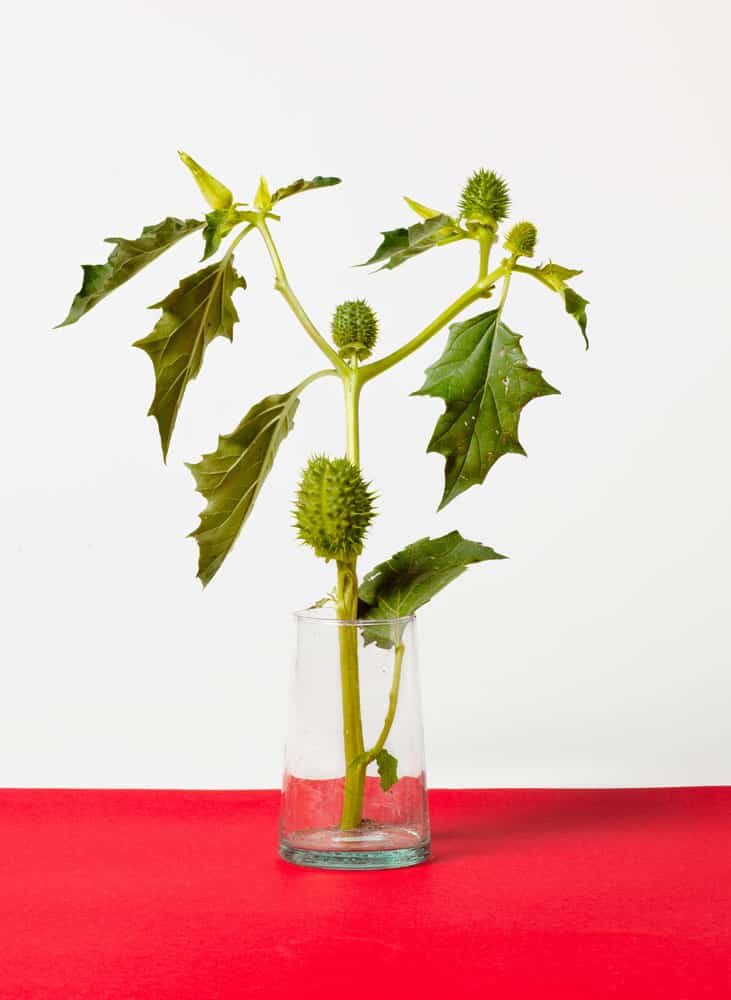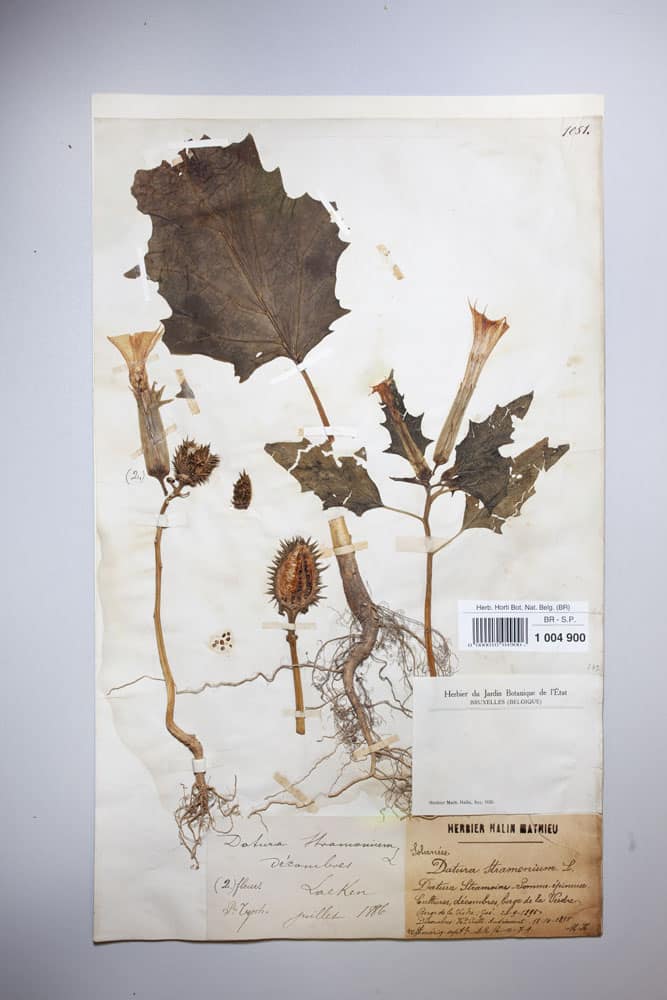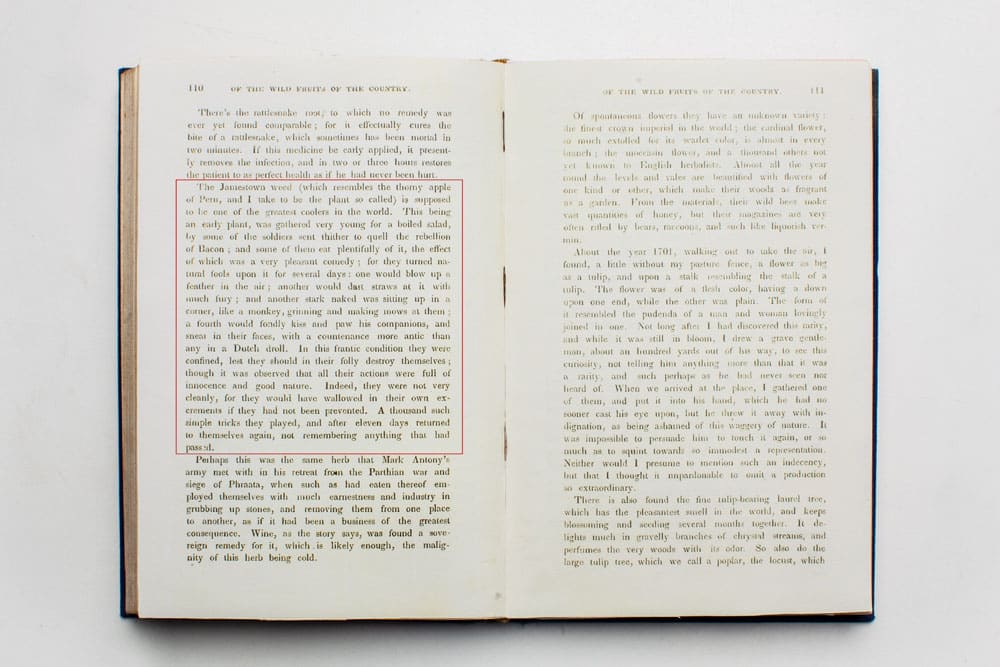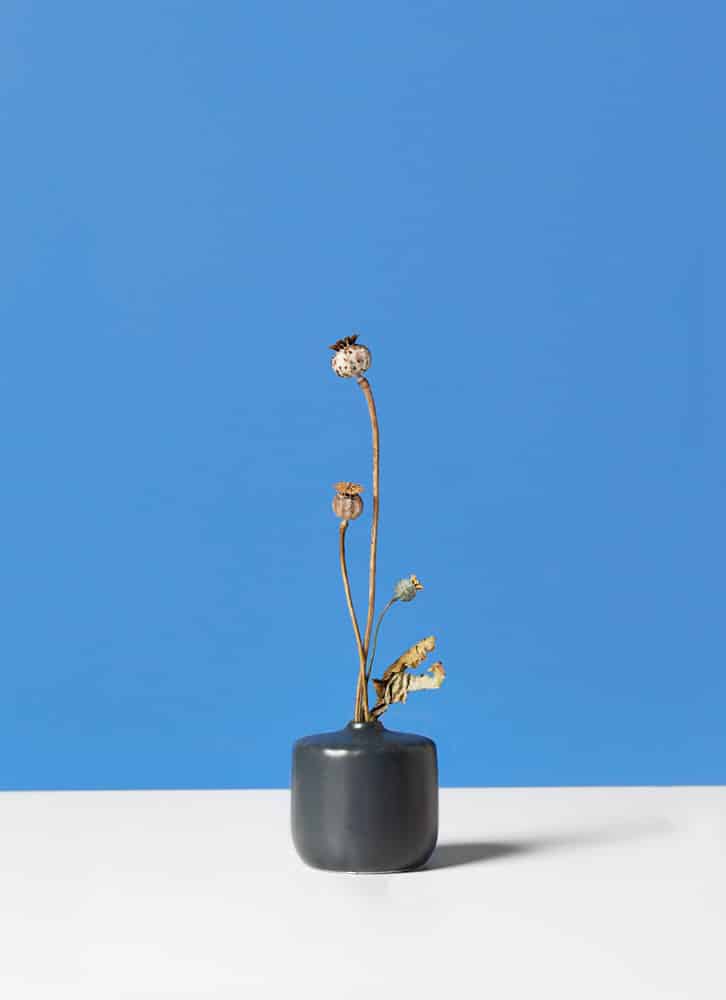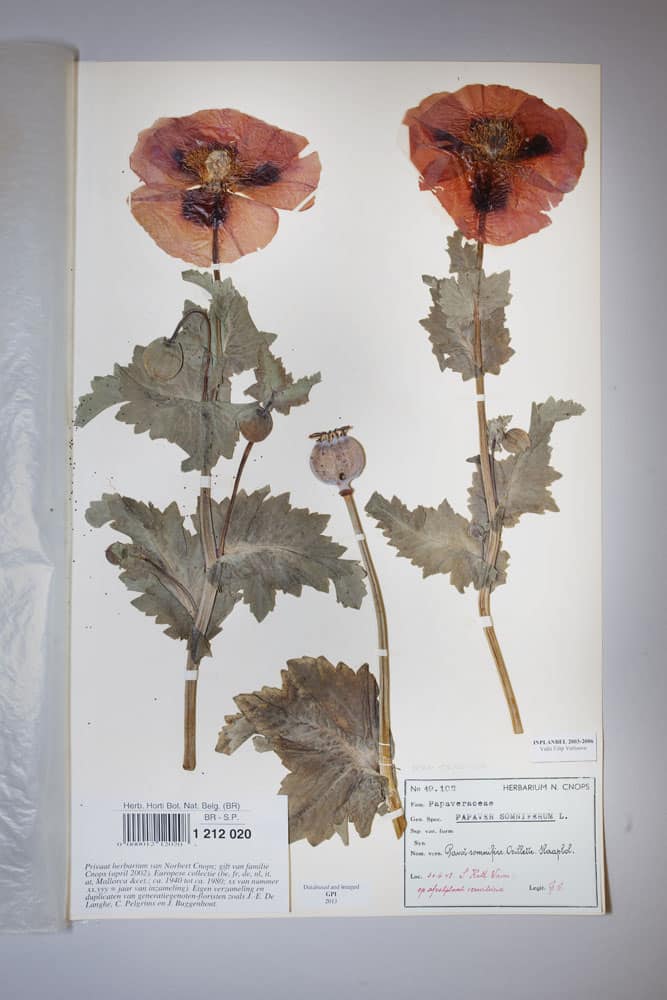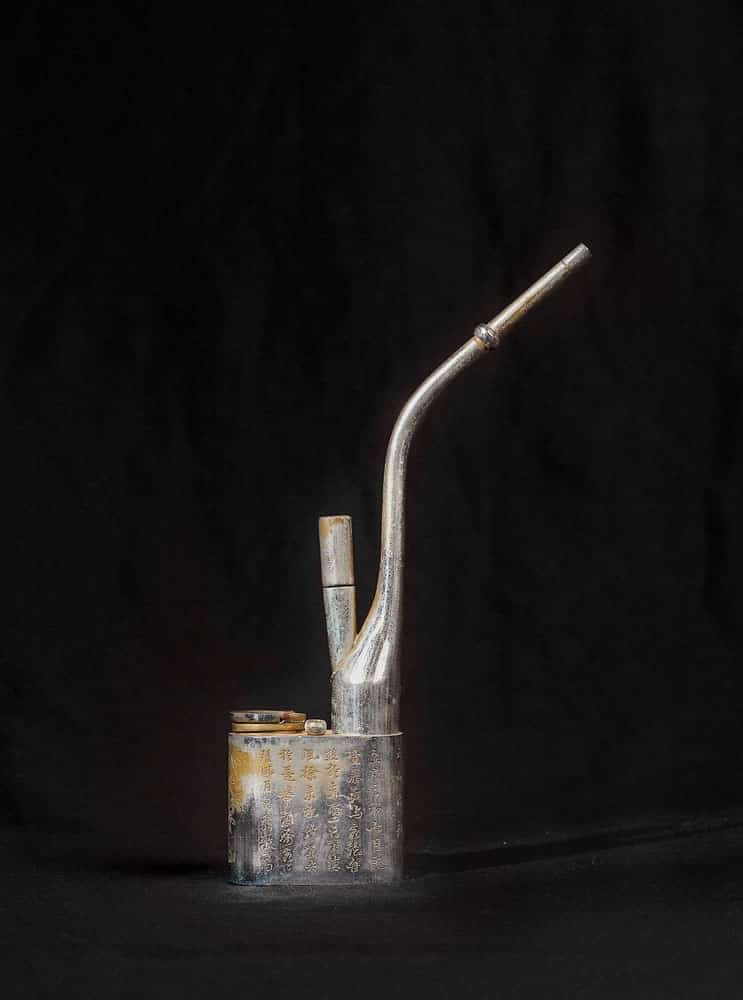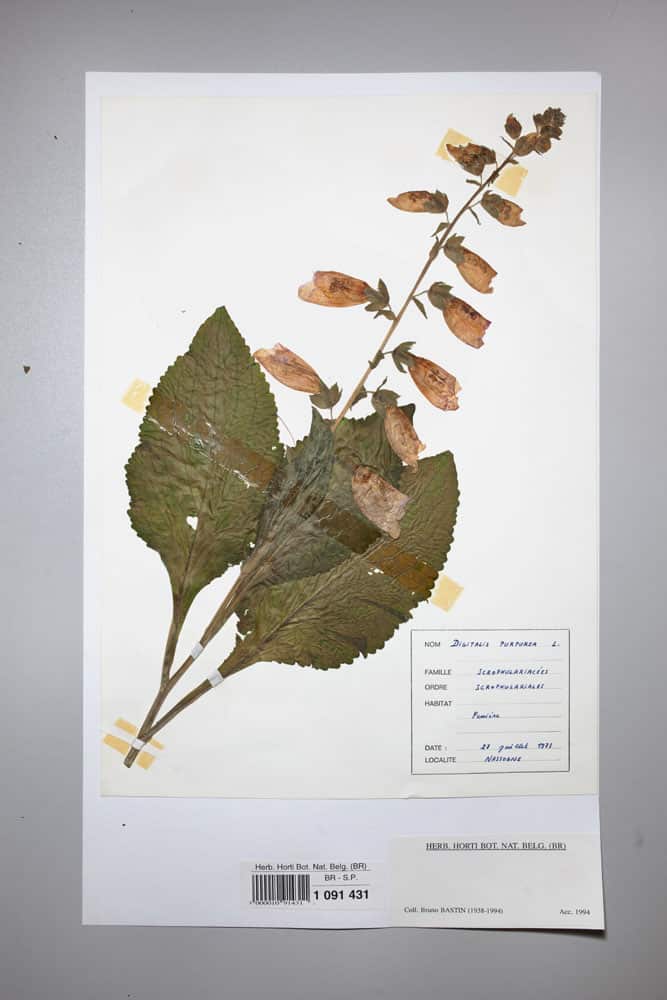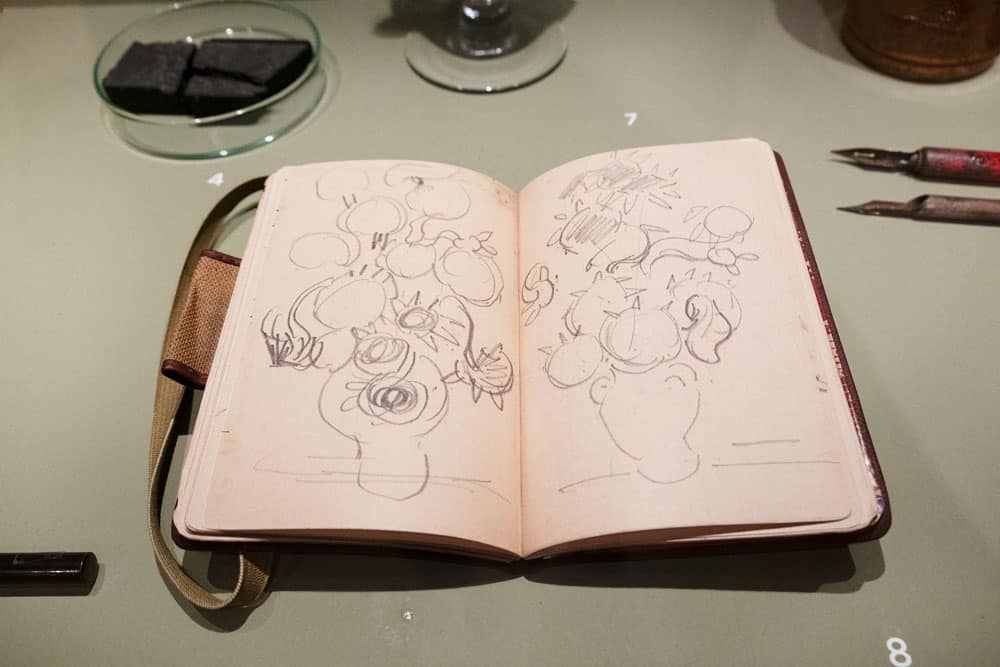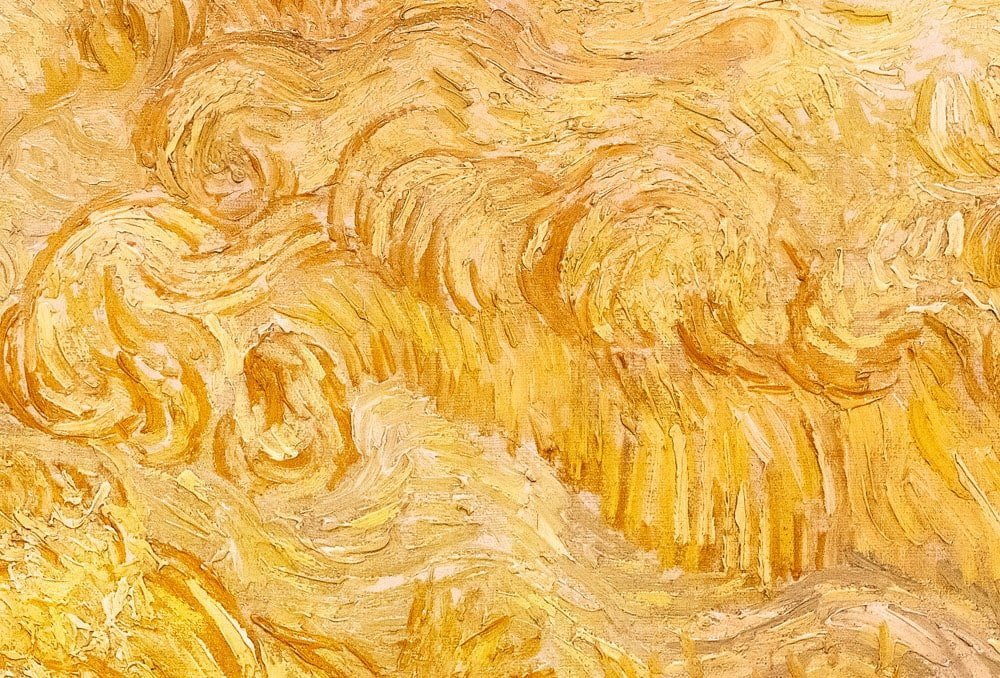Through the process of natural selection, plants have evolved the means to produce a vast and complicated array of chemical compounds in order to deter predators. Amongst them is the human species, a race that has been wandering the earth exploiting and dominating its surroundings for ages. There is however more to the natural beauty of our earth than meets the eye.
An unexamined life is a photographic research of four common plants and its rich scientific, historical and deadly background.
Poison Hemlock, conium maculatum
Socrates said: You, my good friend, who are experienced in these matters, shall give me directions how I am to proceed. The man answered: You have only to walk about until your legs are heavy, and then to lie down, and the poison will act. At the same time he handed the cup to Socrates, who in the easiest and gentlest manner, without the least fear or change of colour or feature, looking at the man with all his eyes, Echecrates, as his manner was, took the cup and said: What do you say about making a libation out of this cup to any god? May I, or not?
Jimson Weed, Datura Stramonium
The James-Town Weed is supposed to be one of the greatest coolers in the world. This being an early plant, was gather’d very young for a boil’d salad, by some of the soldiers sent thither to quell the rebellion of Bacon (1676); and some of them ate plentifully of it, the effect of which was a very pleasant comedy, for they turned natural fools upon it for several days: one would blow up a feather in the air; another would dart straws at it with much fury; and another, stark naked, was sitting up in a corner like a monkey, grinning and making mows [grimaces] at them; a fourth would fondly kiss and paw his companions, and sneer in their faces with a countenance more antic than any in a Dutch droll. In this frantic condition they were confined, lest they should, in their folly, destroy themselves.
Opium poppy, Papaver Somniferum
Opium has a harm. Opium is a poison, undermining our good customs and morality. Its use is prohibited by law. Now the commoner, Yang, dares to bring it into the Forbidden City. Indeed, he flouts the law! […] If we confine our search for opium to the seaports, we fear the search will not be sufficiently thorough. We should also order the general commandant of the police and police- censors at the five gates to prohibit opium and to search for it at all gates. If they capture any violators, they should immediately punish them and should destroy the opium at once. As to Kwangtung [Guangdong] and Fukien [Fujian], the provinces from which opium comes, we order their viceroys, governors, and superintendents of the maritime customs to conduct a thorough search for opium, and cut off its supply. They should in no ways consider this order a dead letter and allow opium to be smuggled out!
Foxglove, Digitalis Purpurea
The effects of digitalis intoxication have been suggested as the cause of Van Gogh’s “yellow period” and the spectacular sky he painted in The Starry Night. More circumstantial evidence comes from the two portraits Van Gogh produced of his doctor, Paul Gachet, showing him holding a foxglove flower. […]
Whatever the reason for Van Gogh’s particular artistic choices, we can still appreciate his remarkable output from such a tragically short life.
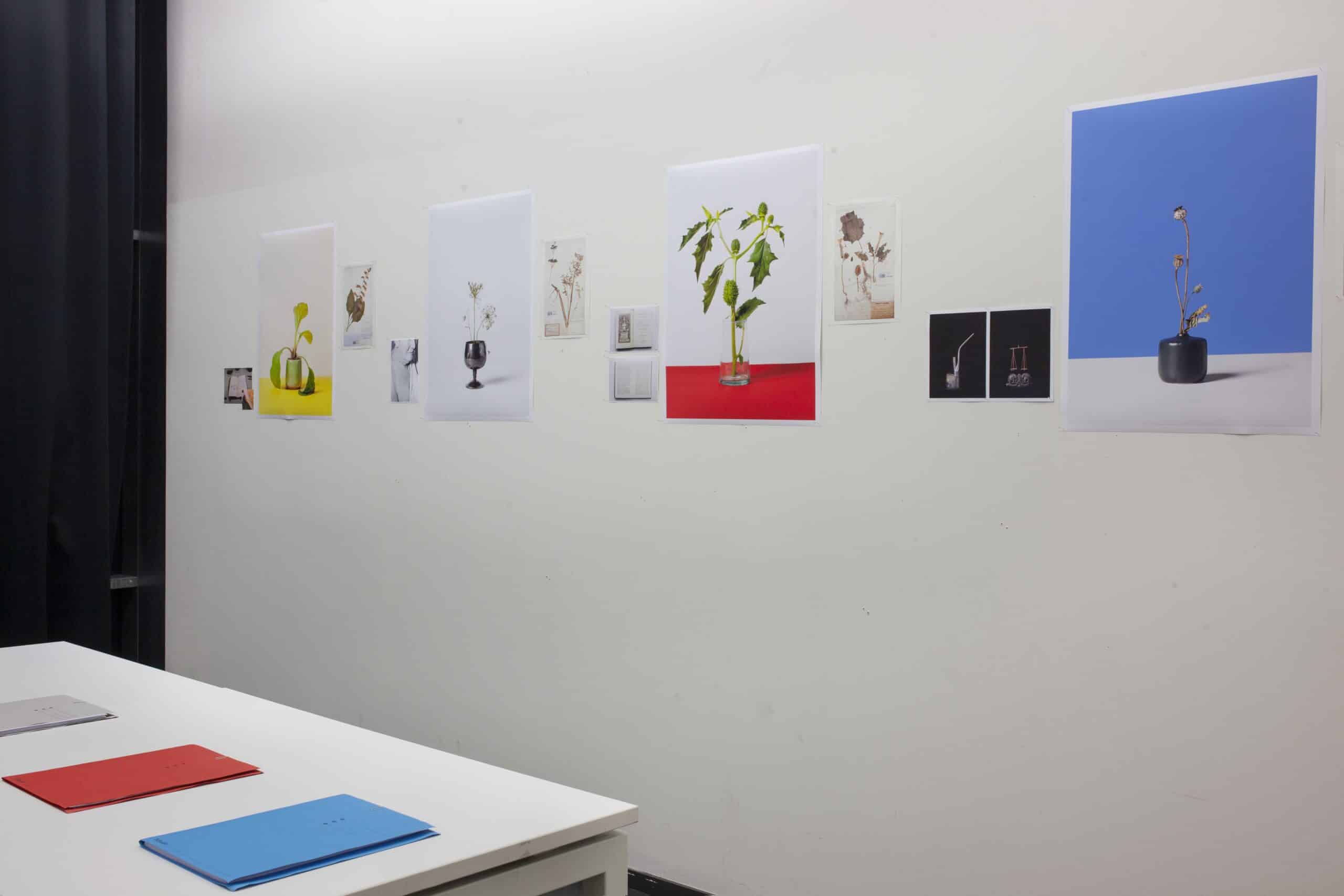
An unexamined life is not worth living
– Socrates

